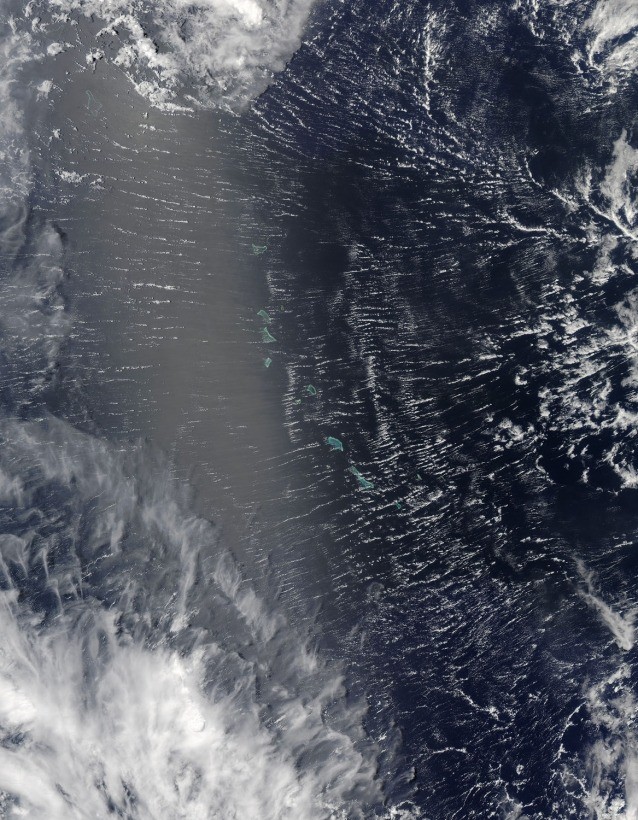Sept. 4 (UPI) — Some parts of the ocean are absorbing carbon at the twice the rate predicted by current climate models, according to a new study published Friday in the journal Nature Communications.
The movement of carbon between ocean and atmosphere is called carbon flux. New research suggests models designed to predict carbon flux have ignored the influence of small temperature differences between the ocean surface and a few feet below.
“Those differences are important because carbon dioxide solubility depends very strongly on temperature,” lead study author Andrew Watson said in a news release.
For the past few decades, researchers have been collecting a massive database of near-surface carbon dioxide measurements across the planet’s oceans, the so-called Surface Ocean Carbon Atlas. The measurements can be used to calculate carbon flux, but until now, scientists have been incorrectly ignoring surface and near-surface temperatures.
“We used satellite data to correct for these temperature differences, and when we do that it makes a big difference — we get a substantially larger flux going into the ocean,” said Watson, a professor at the University of Exeter’s Global Systems Institute. “The difference in ocean uptake we calculate amounts to about 10 percent of global fossil fuel emissions.”
When researchers accounted for surface and near-surface temperatures, they found their carbon flux predictions aligned more closely with the results of an independent method of calculating carbon uptake in Earth’s oceans.
“That method makes use of a global ocean survey by research ships over decades, to calculate how the inventory of carbon in the ocean has increased,” said co-author Jamie Shutler, researcher at Exeter’s Center for Geography. “These two ‘big data’ estimates of the ocean sink for CO2 now agree pretty well, which gives us added confidence in them.”
While carbon uptake by the planet’s oceans can help slow the greenhouse gas effect, excess carbon has a variety of negative consequences for marine ecosystems. As CO2 levels in the ocean increase, ocean water becomes more acidic.
Ocean acidification is a serious threat to species that built calcium carbonate skeletons and shells, including mollusks, sea urchins, starfish and corals. Recent studies suggest the problem is likely to get worse in the coming decades.

COMMENTS
Please let us know if you're having issues with commenting.